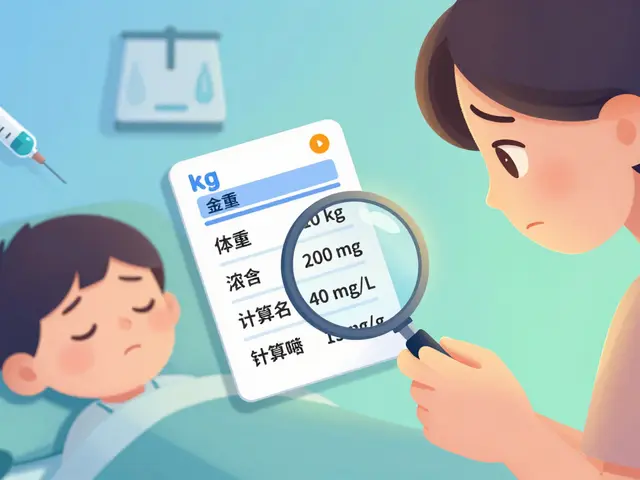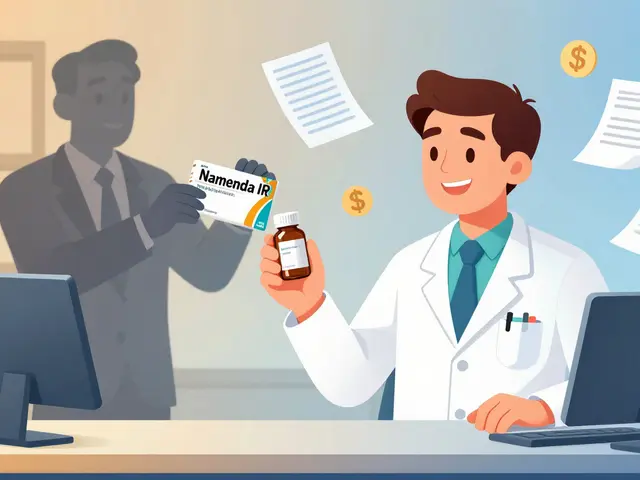Secret weapon: Practical tips for buying meds, choosing alternatives, and using supplements
Want a real advantage when dealing with medications and supplements? This tag collects clear, practical guides you can use today — from spotting safe online pharmacies to finding cheaper and effective drug alternatives and natural options that actually help.
How to spot safe online pharmacies
First rule: a legitimate pharmacy will ask for a prescription when the drug requires one. Watch for clear contact details, a physical address, and HTTPS on checkout. If a site promises prescription-only drugs with no questions, that’s a red flag. Check for third-party seals or accreditation (like pharmacy boards or Verified Internet Pharmacy Practice Sites), but don’t rely only on badges — click through and confirm them. Read the payment options: trusted pharmacies offer secure card payments or reputable third-party processors, not only crypto or money orders.
Practical moves: compare prices across a couple of trusted sites, read recent customer reviews, and check shipping policies — some legitimate sellers ship from abroad but still require a prescription. For step-by-step examples, see posts like “Where and How to Buy Xenical Online Safely and Easily,” “How to Safely Buy Temazepam Online,” and “How to Safely Buy Toradol Online.” Those articles list red flags and trusted habits you can use right away.
Alternatives, supplements, and real-world choices
When cost or side effects are an issue, look for well-studied alternatives rather than guessing. For inhalers, read “Best Symbicort Alternatives for Budget Patients.” For diabetes or ED, our articles compare modern options and trade-offs — like “9 Groundbreaking Alternatives to Metformin in 2025” and “Top 8 Alternatives to Cialis for Effective ED Treatment in 2025.” These pieces give concrete pros and cons so you can discuss options with your clinician.
Natural supplements can be useful, but treat them like any medicine: check quality, dose, and interactions. Want examples? Read about Arnica for recovery, wild thyme for respiratory support, and buck’s-horn plantain for immunity. Each post explains who benefits most, what to expect, and how to choose reputable products.
Safety checklist before you buy or switch meds: 1) Confirm prescription rules and required monitoring (INR for warfarin, kidney checks for diuretics). 2) Use a drug interaction checker or ask a pharmacist — for example, switch advice for Coumadin or Dilantin needs careful oversight. 3) Compare brands, generics, and overseas options, and factor in shipping times and returns. 4) Keep records of receipts and prescriptions in case you need support later.
This tag is a practical toolkit — not medical advice. Use these guides to ask smarter questions, avoid scams, and find options that fit your budget and health needs. If you need specifics, open any article listed here and follow its step-by-step tips or talk with your healthcare provider before making changes.
Inulin is a powerful weapon in our dietary supplement arsenal that I've recently discovered. It is a natural fiber found in many plants, including chicory root and agave, that offers numerous health benefits. By incorporating inulin into our diet, we can improve our digestive health, support weight loss efforts, and even enhance nutrient absorption. As a bonus, it's a prebiotic that feeds our gut's good bacteria, helping maintain a healthy gut balance. I highly recommend giving inulin a try for an easy and effective way to boost your overall health.



